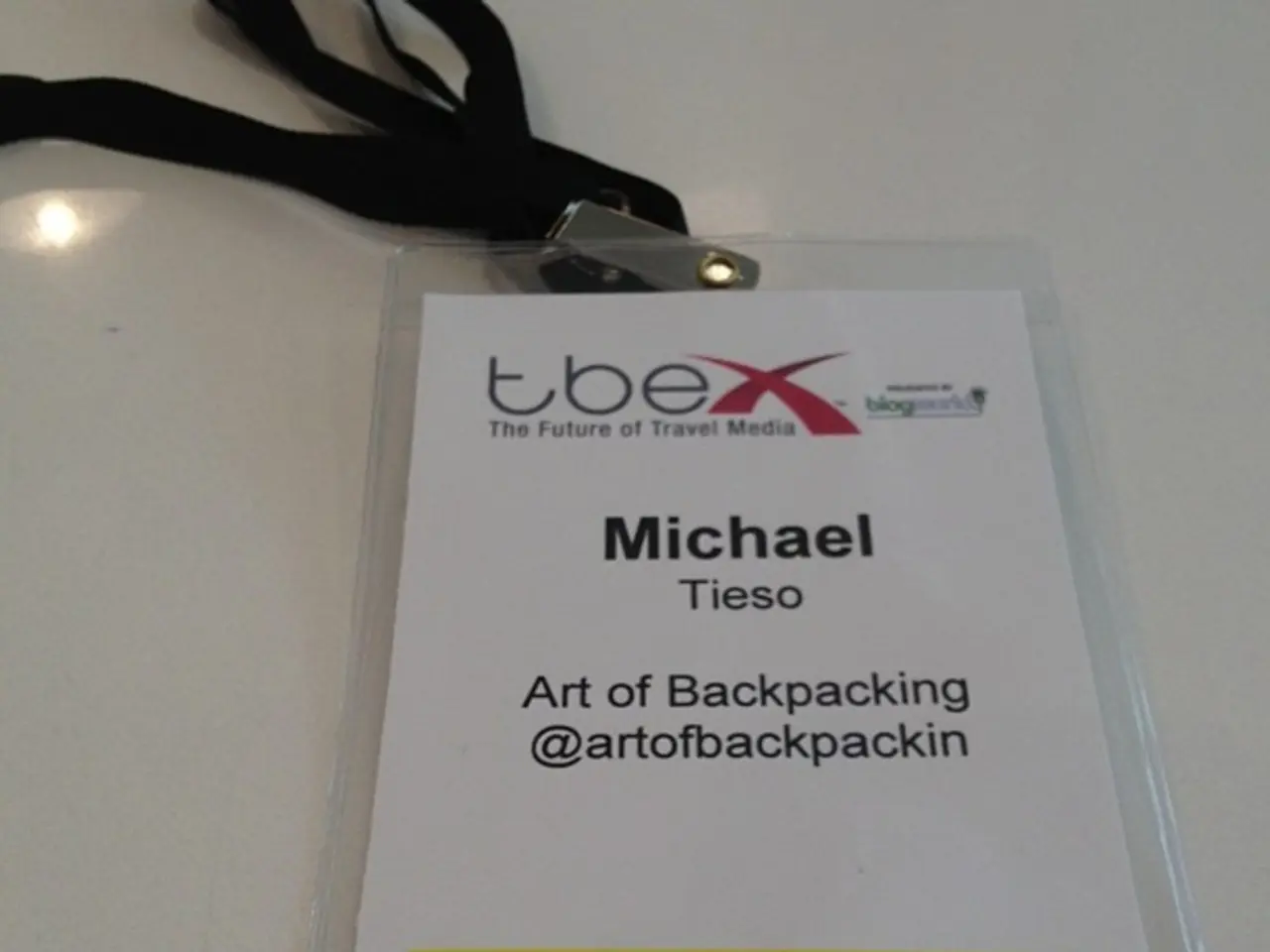Preparing mid-career professionals for the future by honing their skillset
In today's rapidly evolving work landscape, mid-career professionals are proactively updating their skills to stay ahead. They are enrolling in online MBA accounting programs and other courses that reflect a shift towards practical, applied learning.
Understanding the working styles of other industries can lead to smarter decisions within one's own industry. For instance, someone in healthcare could learn from tech companies' data handling methods. This cross-industry learning is not about changing career direction, but about making it more effective.
Mid-career professionals are understanding when to pause, learn, and move on, adapting themselves to changes without being afraid. They are moving away from decision-making based solely on past experiences and are instead adopting a mindset that emphasizes flexibility, timely preparation, and understanding the pulse of time.
The focus has shifted from completing projects to evaluating work based on metrics like customer satisfaction, timely delivery, and long-term impact. Professionals are prioritizing skills valuable in the job market over busy work. In today's work environment, they prefer learning models that offer practical knowledge and flexible timings.
To adapt to the changing work environment, mid-career professionals are following a strategic approach.
- Map and Align Learning Opportunities to Industry Needs: Professionals should assess what learning programs, workshops, certifications, or mentoring are available within their organizations or industry and intentionally align these opportunities with relevant strategic priorities such as digital transformation, leadership readiness, or hybrid work skills.
- Pursue Relevant Certifications and Practical Experience: Certifications in sought-after areas (e.g., virtual facilitation, instructional design, data analytics) signal commitment to growth and can improve promotion prospects. Volunteering for pilot projects or initiatives tied to new technologies or methodologies can create practical learning experiences that reinforce skill acquisition.
- Adopt Lifelong, Modular, and Agile Learning Approaches: Given the rapid pace of technological and economic changes, learning should be seen as a continuous, stackable, and responsive process rather than a one-time event. This includes combining technical skills with transferable skills like problem-solving, collaboration, and adaptability to stay resilient amid disruptions.
- Engage in Coaching and Mentorship: Building mentoring relationships can provide personalized guidance, help navigate challenges, and expand professional networks. Organizations that foster formal mentorship or coaching programs enable mid-career professionals to leverage their current expertise while learning new perspectives and skills.
- Take on Challenging Assignments: Seeking projects that stretch one’s capabilities allows for growth, demonstration of leadership potential, and practical application of evolving skills. This experiential learning helps identify strengths and weaknesses aligned with current organizational goals.
- Link Experience to Emerging Industry Demands: Mid-career professionals should reinterpret and reframe their accumulated experience to demonstrate relevance to current trends, such as digitalization, automation, or sustainability initiatives. This might involve integrating their domain knowledge with new technical competencies or strategic approaches.
Ultimately, integrating ongoing skill development, strategic learning choices, and mentorship with proactive alignment to industry trends ensures mid-career professionals remain competitive and ready for emerging roles in a dynamic work environment. Anticipating potential problems and having solutions ready can strengthen decision-making ability. Those who adapt to change today will be at the forefront of tomorrow's world.
- Mid-career professionals are actively seeking online education, such as MBA accounting programs and other courses, to enhance their career development, focusing on practical, applied learning that aligns with personal growth and industry needs for job searches.
- Lifelong, modular, and agile learning approaches, combined with skills training, are adopted by mid-career professionals to adapt to the changing work environment and stay ahead, ensuring they remain competitive in a dynamic work landscape.
- Engaging in cross-industry learning opportunities, like studying data handling methods from tech companies in the healthcare sector, can lead to more effective career development and decision-making for mid-career professionals.




